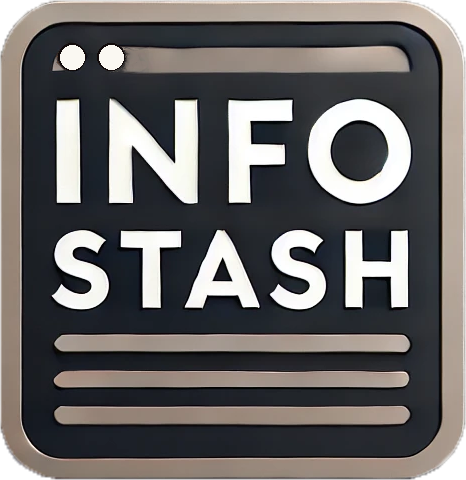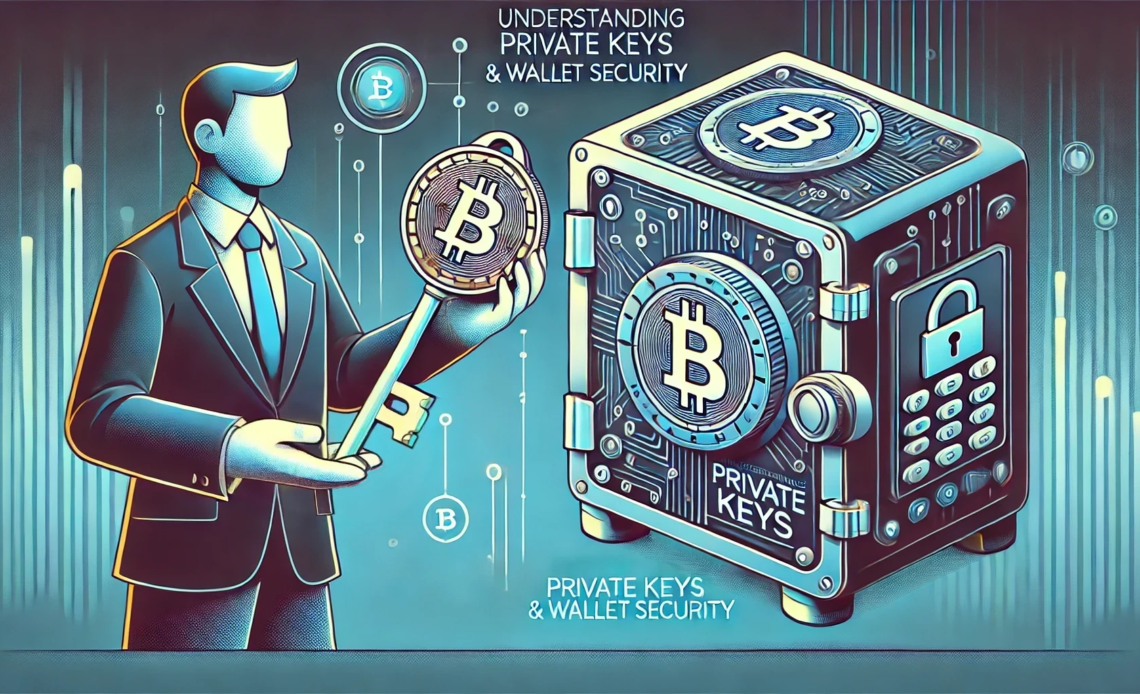Now that you own your first token, it’s time to talk about how to keep it safe. Whether you decide to leave your cryptocurrency on a centralized exchange (CEX) or move it to a personal wallet, understanding private keys and wallet security is essential. Let’s break down what these terms mean and how you can best protect your crypto assets.
1. What Are Private Keys?
A private key is a secret alphanumeric code that gives you access to your cryptocurrency. Think of it like a password, but far more important. Whoever holds the private key controls the funds associated with it, so keeping it secure is critical. Here’s how it works:
- Public Key: This is like your bank account number. It’s the address you share with others to receive crypto.
- Private Key: This is like the password to your bank account. It gives you control over your funds, allowing you to send and manage crypto.
If someone gets ahold of your private key, they can move your funds. On the flip side, if you lose your private key, you lose access to your cryptocurrency—forever. That’s why wallet security is so important.
2. Centralized Exchange (CEX) vs. Decentralized Wallet
At this point, you might be wondering whether you should leave your crypto on the exchange where you bought it or move it to a decentralized wallet. Here’s how these two options compare:
Leaving Assets on a Centralized Exchange
Many beginners choose to leave their assets on a CEX, and there’s nothing wrong with that—especially when you’re just getting started. But it’s important to understand that when your crypto is on a CEX, you don’t actually control the private keys. The exchange holds them for you. This means:
- You don’t have full ownership of the crypto. The exchange is in control of your funds.
- Security is in the exchange’s hands. While most reputable exchanges offer strong security, they are still central targets for hacks.
While leaving your crypto on a CEX can be convenient, it’s a good idea to consider using a personal wallet once you’re more comfortable.
Holding Assets in a Decentralized Wallet
If you want full control over your cryptocurrency, you’ll need to transfer it to a decentralized wallet. These wallets give you ownership of your private keys, meaning you have complete control over your funds. However, with great power comes great responsibility:
- You control the private keys: This means that no one—not even a bank or government—can access your funds without your permission. But it also means if you lose your private key, you lose your crypto.
- Security is your responsibility: Unlike a CEX, there’s no customer service or recovery option if you lose your wallet’s password or private key.
There are several types of decentralized wallets to choose from, including hardware wallets (which are considered the most secure), software wallets, and browser-based wallets like MetaMask.
3. Basic Security Tips for Using a Centralized Exchange (CEX)
If you’re not ready to move to a decentralized wallet yet, you can still take important steps to secure your assets while keeping them on a centralized exchange:
- Enable Two-Factor Authentication (2FA): Most CEXs offer 2FA, which adds an extra layer of protection to your account. This means that in addition to your password, you’ll need to enter a code from an app like Google Authenticator or receive a code via text message when logging in.
- Use Strong Passwords: Make sure your password is long and unique. Avoid using passwords you’ve used on other websites, and consider using a password manager to generate and store strong passwords.
- Don’t Store Large Amounts of Crypto on the Exchange: Exchanges are convenient, but they are also prime targets for hackers. If you’re holding a significant amount of crypto, consider moving it to a more secure wallet.
- Stay Aware of Phishing Scams: Hackers often use phishing attacks to trick users into giving up their login credentials. Be cautious when clicking on links, and double-check that you’re on the exchange’s official website before entering any personal information.
- Monitor Your Account Regularly: Keep an eye on your account for any suspicious activity and set up alerts if the exchange offers them.
4. Decentralized Wallet Security Tips
If you decide to transfer your crypto to a decentralized wallet, here are a few best practices to follow:
- Backup Your Private Key: Make sure to write down your private key and store it in a safe, offline location. Never share your private key with anyone, and avoid storing it digitally where it could be hacked.
- Use a Hardware Wallet: If you’re serious about security, many people view hardware wallets as the gold standard. These devices store your private keys offline, making them immune to online hacks.
- Beware of Scams: DeFi projects and apps are still new, and not all of them are trustworthy. Always do your research before connecting your wallet to any third-party app or platform.
Conclusion
Understanding private keys and wallet security is crucial as you start managing your cryptocurrency. While leaving assets on a centralized exchange may be convenient for beginners, it’s important to understand the security trade-offs involved. As you grow more comfortable in the crypto space, learning how to take full control of your assets by securing your private keys and using a decentralized wallet is a key part of your journey. Remember: in crypto, security starts with you.

